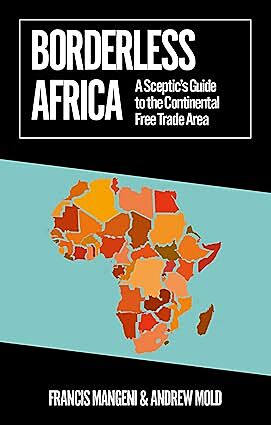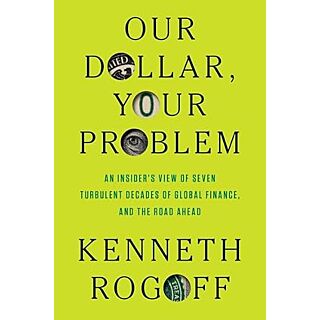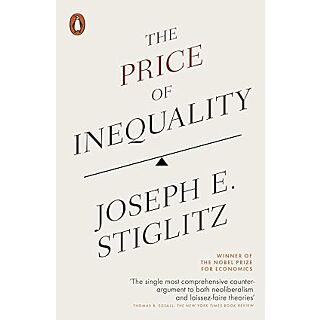Local Storage seems to be disabled in your browser.
For the best experience on our site, be sure to turn on Local Storage in your browser.
The African Continental Free Trade Area, established in 2018, represented a monumental step forward for Africa in terms of meeting longstanding aspirations for greater economic and political integration. But it has nonetheless been met with scepticism in some quarters, both within the continent and beyond. 'Borderless Africa' makes the case for the AfCFTA in an accessible and compelling way, without shying away from technical and academic debates. Francis Mangeni and Andrew Mold take us on a journey through the different dimensions and implications of the AfCFTA, the largest free-trade zone in the world, starting with its underlying economic rationale. Pointing to the numerous historical examples of successful regional integration, they argue that the African continent will need to take on board such lessons as the agreement is implemented. They discuss, too, the more controversial elements of the AfCFTA, including the freedom of movement protocol, contending that this should not be seen as an optional extra, but as an intrinsic part of the accord. Also exploring the role of external partners in the construction of an economically stronger, more united Africa, this fascinating study reveals how the AfCFTA is contributing to sustainable development across the continent.
| Author | Francis Mangeni and Andrew Mold |
|---|












Sign In
Create New Account